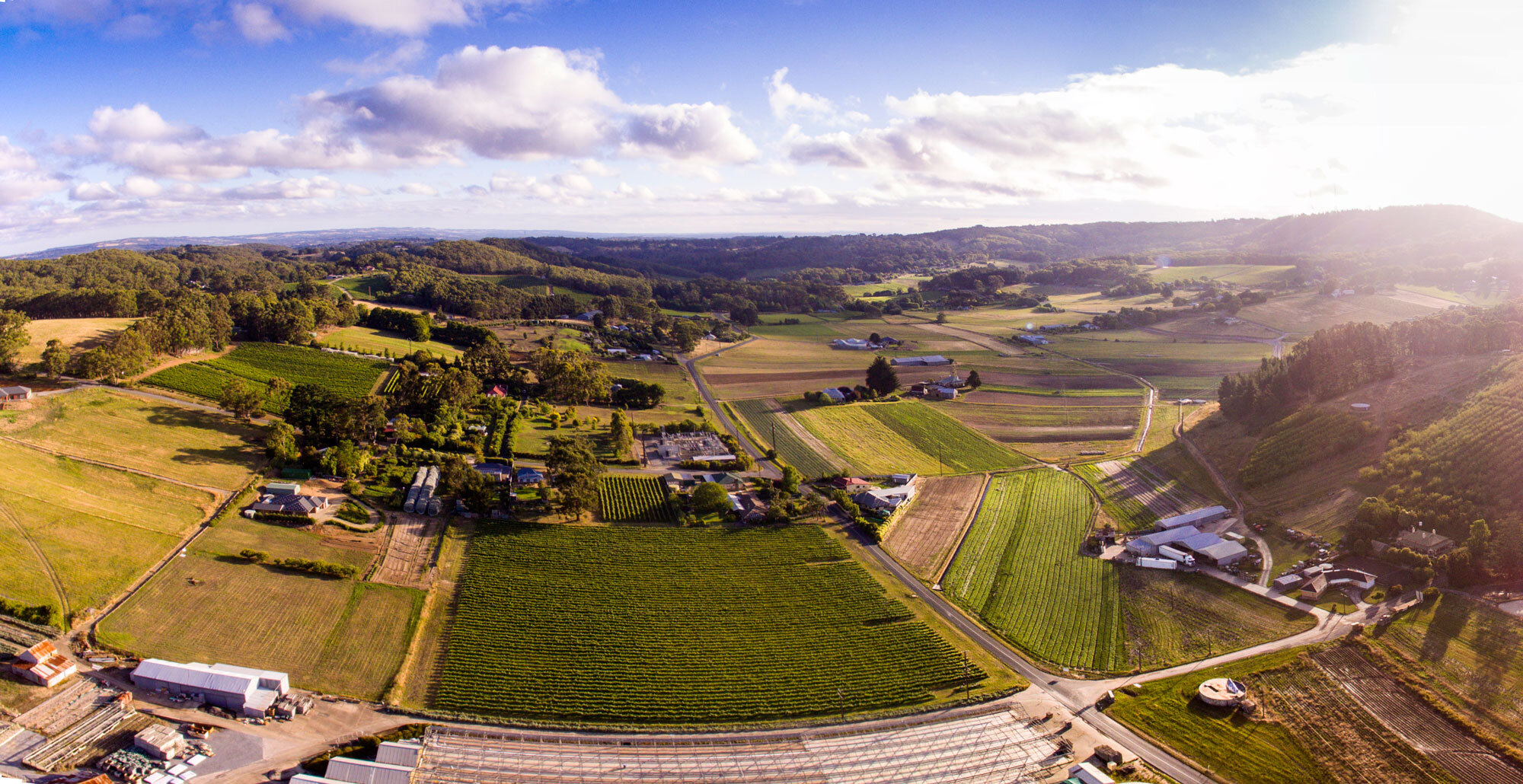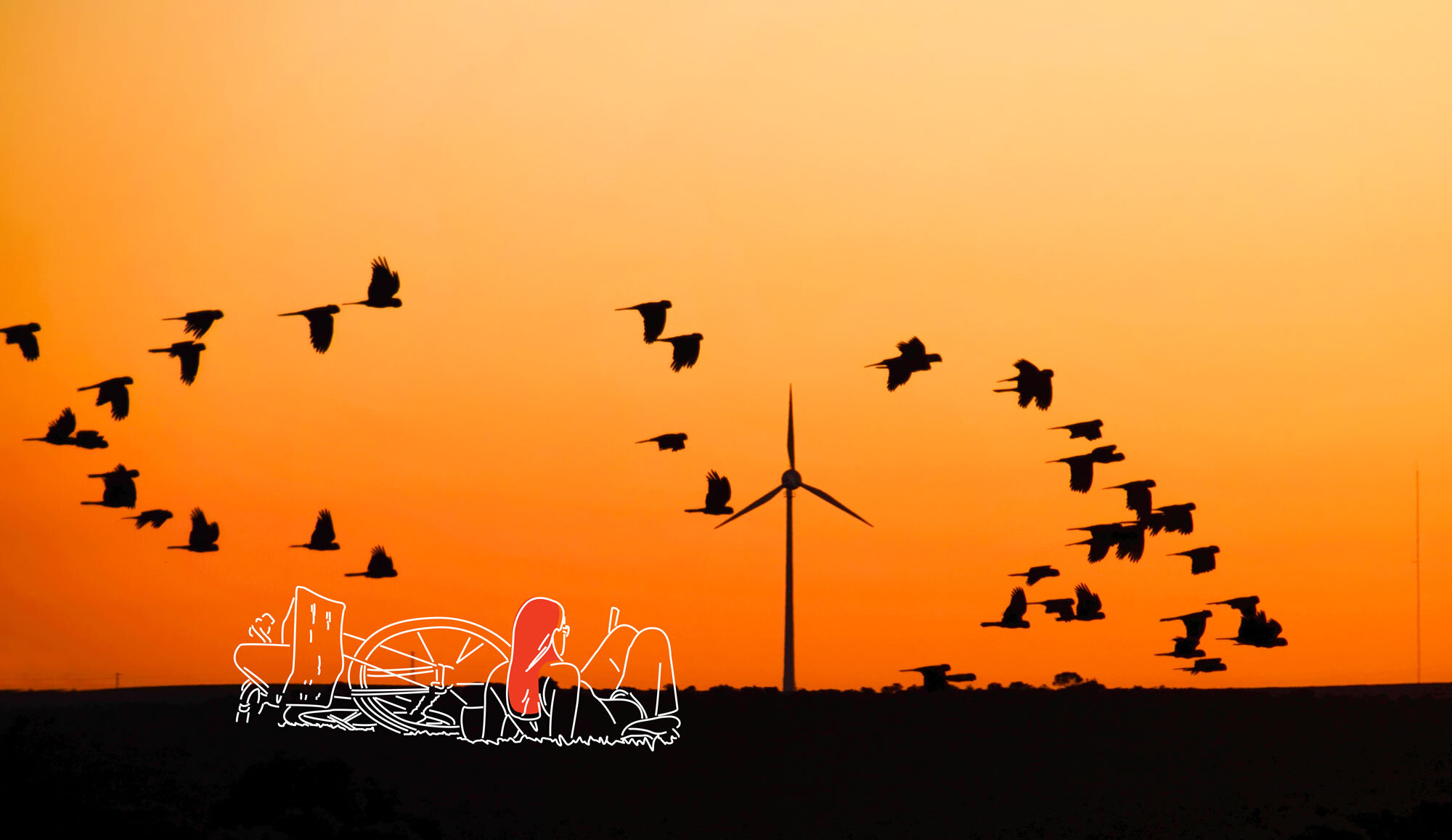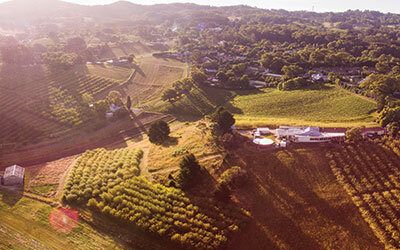
SHift 6
Decision making requires consideration of values, rules and knowledge
From conflict-focused argument to creative,
values-focused decision-making
Making decisions about nature conservation in today’s complex and connected world is challenging. There are widely differing views across society about some of the most fundamental issues relating to nature: how important is nature to human well-being or to our economic prosperity? How much nature do we need to maintain (and where) to be sustainable? Where and how should we invest the limited resources we have to best manage nature?
As our society and climate rapidly change, decision-making about nature becomes even more complex. The current approach has led to polarised debate, a perceived battle between conservation and development, where nature conservation gains are represented as a loss for the economy and employment and vice versa. There is considerable mistrust and pessimism about current decision-making processes.
Many people feel the precious little habitat we have left will always be traded off in the pursuit of short-term wealth or expediency. Making better decisions about nature is not just a conservation issue; it goes right to the heart of a harmonious and well-functioning society. Conflict over decisions ultimately costs more and creates deep division, sometimes spilling over generations making it more difficult to tackle future issues.
The challenges we face require new ways for the community and stakeholders to participate in decision-making. For this to happen, we need to recognise and accept the range of values different people hold about nature and be open to negotiation and compromise to identify win-win opportunities, or to draw lines in the sand when needed. In turn, decision-makers have a responsibility to be transparent, faithful to the process and accountable for decisions they make.
We can shift decision-making from conflict to creative. Well-managed decision making processes open up many new options and opportunities leading to innovative solutions that can better meet and balance people’s values and concerns. Working to understand and align community values, bring together technical and local knowledge and foster good governance surrounding decisions helps to create decision ‘contexts’ conducive to more constructive and effective decision-making.
There are also a myriad of smaller decisions made every day by people and organisations that could be made differently with a greater emphasis on good decision making and governance. Good governance can help to invigorate groups and organisations by making people feel genuinely engaged, ensuring resources are used effectively and reducing conflict. Focusing on how decisions are made can improve how willing people are to be involved or support particular causes or organisations. Having clear principles and communicating them to members of your organisation or community is a good first step to improving governance and decision making.
— ♢♢♢ —
Image: Picadilly Valley BY CC Dan O’Cker
Theory

Theory
Increasing options for nature conservation
Making good decisions means finding the sweet spot between having the knowledge to know what to do, the support of stakeholders for the decision (alignment of values) and being allowed to make the decisions by the ‘rules’ that apply to that particular situation, whether they are formal rules like legislation or informal rules like local norms.
Finding this sweet spot means managing the decision context: where the knowledge, values and rules come together. There is evidence to show that decision making processes that pay attention to values, rules and knowledge can be highly effective, changing how decisions are made and increasing options available. This is particularly the case for making decisions under a changing climate.
Two perspectives on decision-making
A) “From the decision-making perspective, values, rules and knowledge are independent sets of variables and constraints to be considered when selecting an option;
B) “From the decision-context perspective, values, rules and knowledge are interconnected systems that define a decision process and enable the construction and evaluation of options. Interactions between values, rules, and knowledge systems limit the set of practical or permissible options; the types of values, rules, and knowledge that can influence the decision and the potential for change in the decision context.”
— ♢♢♢ —
Source: Russell Gorddard,, Matthew J. Colloff, Russell M. Wise, Dan Ware, Michael Dunlop. Values, rules and knowledge: Adaptation as change in the decision context. Environmental Science and Policy 2016, 57, 60-69.
Image: Picadilly Valley BY CC Dan O’Cker
❯❯ More shifts









